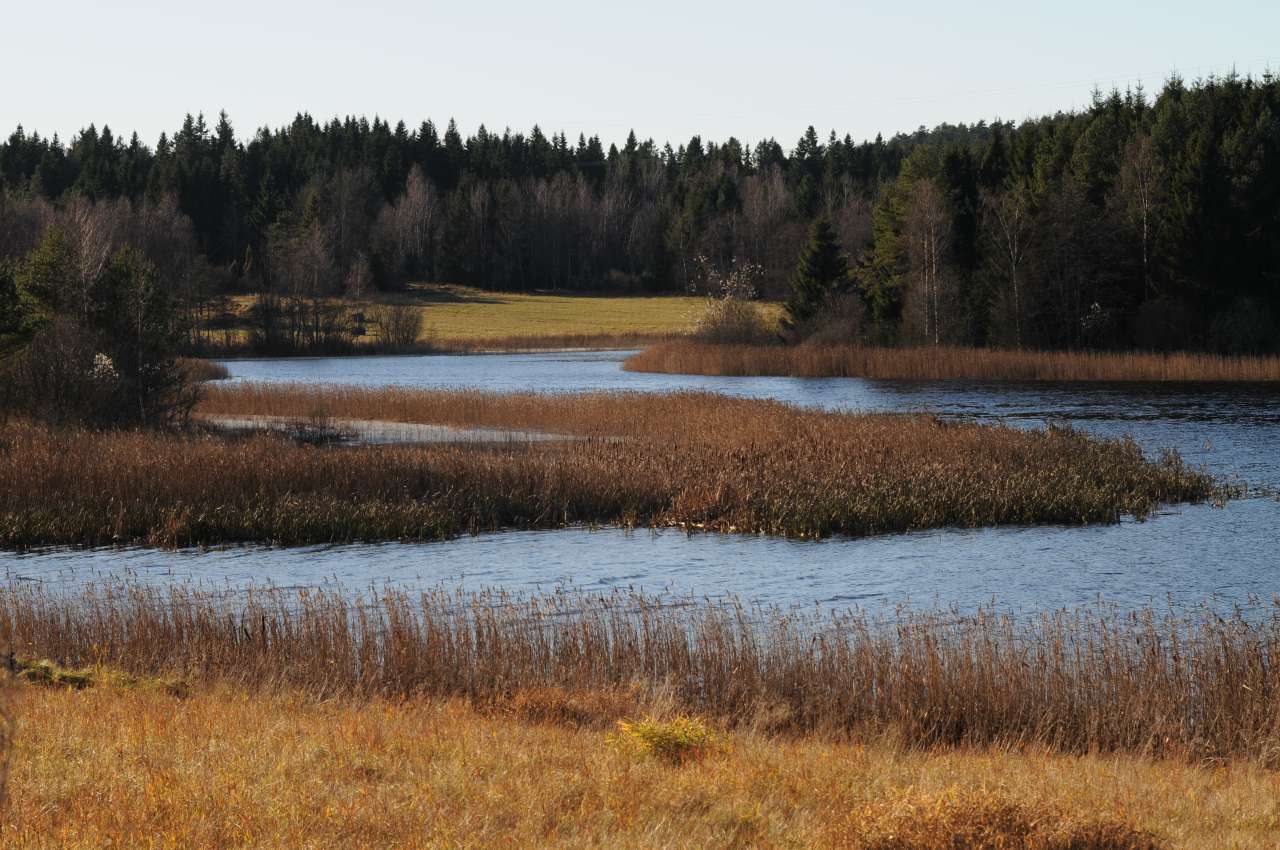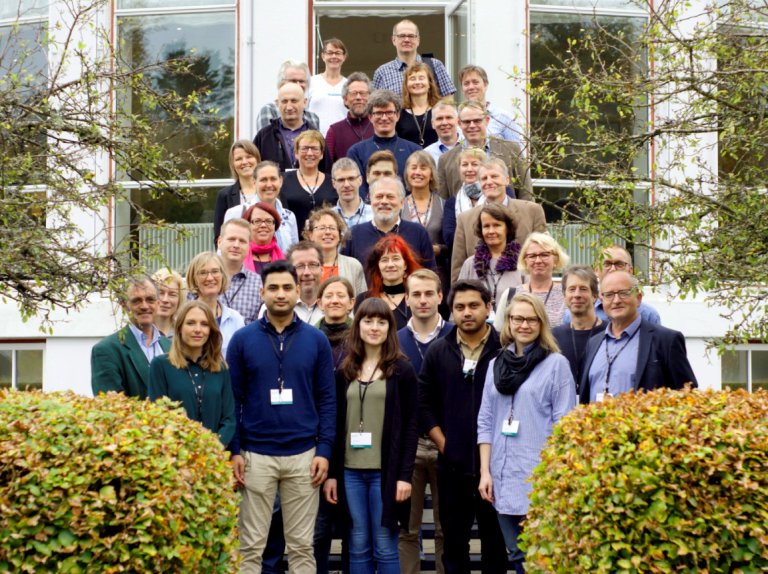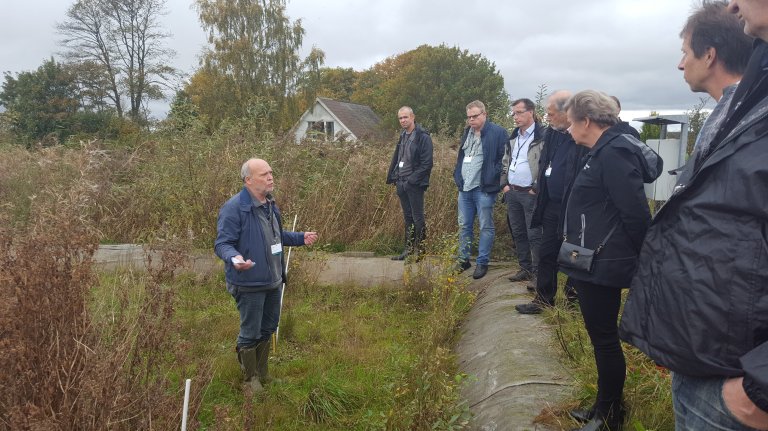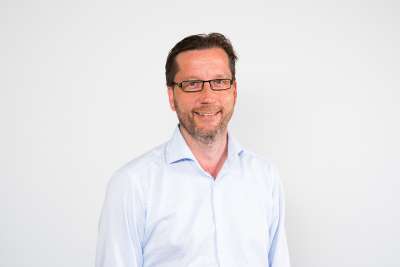How will bioeconomy affect freshwater?

Photo: Morten Günther.
BioWater is a Nordic Centre of Excellence funded under Nordforsk’s Nordic program for bioeconomy. The kick-off meeting was held in Silkeborg, Denmark 17-19 October.
BioWater is the first Nordic centre and platform to provide solutions for water resources management in the face of potential and competing demands for biomass, land and water resources. This theme is related to the green shift and concurrent bioeconomic development. Eight partner institutions are involved in the centre, please see more information in the fact box to the left.
NIBIO and NMBU are jointly coordinating the BioWater Centre, headed by Per Stålnacke (NIBIO) and Jan Vermaat (NMBU).
"When the term bioeconomy was introduced some 7-8 years ago, I thought it would be another short-lasting buzzword, but I was wrong", said Stålnacke at the opening of the meeting. "The world population is growing, and we will see an increased demand for food, water, energy and materials. To tackle this we need a new economic paradigm", he continued, pointing at the EU Bioeconomy strategy as a key document. It focuses on three pillars: research, policy and markets.

Bioeconomy is the production of renewable biological resources and the conversion of these resources and waste streams into value added products such as food, feed, bio-based products and bioenergy.
(The EU’s definition of bioeconomy)
We are facing a situation with increased agricultural production, increased forestry, increased need for “new bio-based products”, land used for other purposes, in addition to climate change impacts.
This is the backdrop of the BioWater Centre, which will quantify impacts on water resources, water quality and ecosystem services with the aim to obtain a sustainable and environmentally sound bioeconomy. An important part of the meeting in Silkeborg was to involve stakeholders in the question on scenarios, envisaging a future where bioeconomy will become increasingly important. - Scenarios as a tool, enable stakeholders to think future-oriented and beyond present problems, Jan Vermaat emphasised in his introductory talk.
One of the first tasks of the BioWater team is to agree on a set of scenarios that will outline the main effects of a shift into bioeconomy. The stakeholders’ participation in this work is vital in order to ensure that the future work of the Center is based on sound assessments made by stakeholders, including water managers of different levels and company representatives.

Six PhD students are already involved in BioWater, and their work and input will be very important for the development of the Centre. The PhD students were present at the kick-off meeting in addition to representatives from the partner institutions, stakeholders, External Scientific Advisory Committee and the funding agent Nordforsk. Altogether 50 BioWater representatives were gathered in Silkeborg to discuss the future of the centre and how to implement it.
Annual summer schools will be part of the BioWater activities, focusing on the work of the PhDs, cooperation between all parts of the Centre, and also functioning as workshops for writing joint papers. The first summer school will be early in the summer of 2018.
Towards the end of the meeting, the representatives from the External Scientific Advisory Committee present at the meeting, Manuel Lago (Ecologic Institute), Marc Stutter (James Hutton Institute) and Joachim Maes (Joint Research Centre, EC), did a rapid SWOT appraisal, and reported that they were impressed with the plans for the BioWater Centre. They also pointed out some concrete areas where further discussions and thinking will be necessary, which is a valuable input to the Centre.
If you are interested in updates on the progress of the Centre, please follow the BioWater webpage: www.biowater.info.
Contacts

Per Stålnacke
Director of Research
-
Department of Research
(+47) 932 02 520 per.stalnacke@nibio.no Office Location: Ås H7
Links
BIOWATERContacts

Per Stålnacke
Director of Research
-
Department of Research
(+47) 932 02 520 per.stalnacke@nibio.no Office Location: Ås H7
